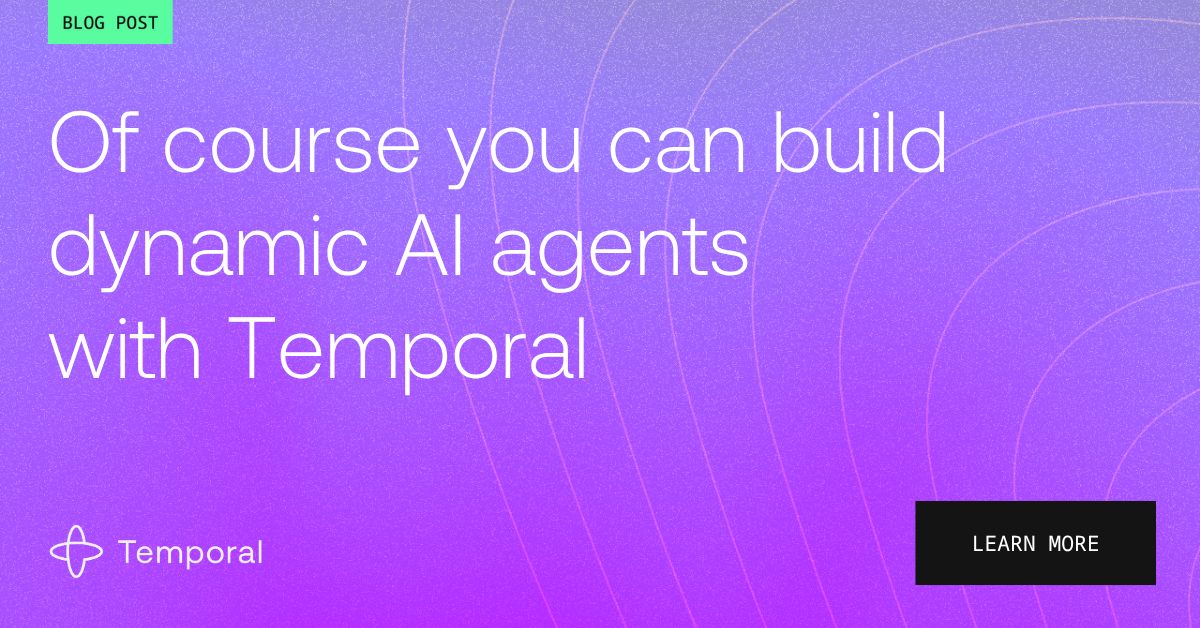CybertraceAI-Ops is an open-source AI agent designed to simplify IT network observability through natural language interactions.
The fastest way to get CyberTrace AI running is using our pre-built Docker image from Docker Hub. No building required!
- Docker installed
- OpenRouter API key (for AI functionality)
- Google OAuth credentials (for authentication)
-
Run with Docker Hub image
docker run -d \ --name cybertraceai-app \ -p 3000:3000 \ -e NEXTAUTH_SECRET=your-super-secret-jwt-secret-here \ -e AUTH_GOOGLE_ID=your_google_client_id \ -e AUTH_GOOGLE_SECRET=your_google_client_secret \ -e OPENROUTER_API_KEY=your_openrouter_api_key_here \ -e SUZIEQ_API_ENDPOINT=http://host.docker.internal:8000/api/v2 \ -e SUZIEQ_API_KEY=your_suzieq_api_key_here \ luispoveda93/cybertraceai:latest -
Access the application 🎉 Visit: http://localhost:3000
Note: This single-container setup is perfect for quick testing. For production with database persistence, use the full Docker Compose setup below.
For production deployments with persistent database and complete infrastructure:
- Docker and Docker Compose installed
- OpenRouter API key (for AI functionality)
- Google OAuth credentials (for authentication)
-
Clone and setup environment
git clone <repository-url> cd cybertraceai-ops-2 cp .env.example .env -
Configure environment variables Edit .env and set:
# Required for AI functionality OPENROUTER_API_KEY=your_openrouter_api_key_here # Required for authentication AUTH_GOOGLE_ID=your_google_client_id AUTH_GOOGLE_SECRET=your_google_client_secret # Generate a secure secret (use a strong random string in production) NEXTAUTH_SECRET=your-super-secret-jwt-secret-here # Required for SuzieQ network observability (update endpoint and key as needed) SUZIEQ_API_ENDPOINT=http://host.docker.internal:8000/api/v2 SUZIEQ_API_KEY=your_suzieq_api_key_here -
Deploy with Docker Compose
🎉 Access the application at: http://localhost:3000
✨ Fully Automated Setup: Database migrations, schema creation, and authentication are configured automatically!
Check if everything is working with these simple commands:
Run the full test suite to verify everything is working:
This will check:
- All services are running and healthy
- Database connectivity and automated migrations
- Authentication system functionality
- SuzieQ MCP integration
- Application API endpoints
- Environment configuration
- Latest: luispoveda93/cybertraceai:latest (currently v0.2.0)
- Specific: luispoveda93/cybertraceai:0.2.0 (stable release)
- Development: Built from source for latest features
- v0.2.0 (Latest): Enhanced MCP integration, improved Docker deployment, TypeScript fixes
- v0.1.0: Initial release with basic chat functionality and SuzieQ integration
- docker compose up -d - Start all services
- docker compose down - Stop all services
- docker compose logs -f app - View application logs
- ./test-deployment.sh - Run deployment tests
- Go to Google Cloud Console
- Create a new project or select existing
- Enable Google+ API
- Create OAuth 2.0 credentials
- Add authorized redirect URIs:
- http://localhost:3000/api/auth/callback/google (development)
- https://yourdomain.com/api/auth/callback/google (production)
- Visit OpenRouter
- Create an account and generate an API key
- Add the key to your .env file
This README file provides user-focused instructions for running the application. For more detailed technical information, please see our other documentation files:
- CONTRIBUTING.md: A comprehensive guide for developers, including local setup, architecture overview, and contribution guidelines.
- CODE_TOUR.md: A narrative walkthrough of the entire codebase, explaining how all the pieces fit together.
- API.md: Detailed reference documentation for all API endpoints.
-
Authentication not working
# Restart the app to retry database setup docker compose restart app # Check if database tables exist docker exec cybertraceai-db psql -U postgres -d cybertraceai -c "\dt" -
Port 3000 already in use
# Change port in docker-compose.yml ports: - "3001:3000" # Use port 3001 instead -
Database connection errors
# Check database is running docker compose ps database # Check database logs docker compose logs database -
Missing environment variables
# Verify .env file has all required variables grep -E "(NEXTAUTH_SECRET|AUTH_GOOGLE_ID|AUTH_GOOGLE_SECRET|OPENROUTER_API_KEY)" .env -
Build failures
# Option 1: Use pre-built image (recommended) docker compose down # Edit docker-compose.yml to use: image: luispoveda93/cybertraceai:latest docker compose up -d # Option 2: Clean rebuild from source docker compose down docker compose build --no-cache docker compose up -d -
SuzieQ MCP connectivity issues
# Check if SuzieQ API is accessible from container docker exec cybertraceai-app nc -z host.docker.internal 8000 # Verify API key is correct curl -H "Authorization: Bearer ${SUZIEQ_API_KEY}" http://host.docker.internal:8000/api/v2/device -
MCP Docker network issues
# Check if Docker Compose network exists (when using docker compose) docker network ls | grep cybertraceai # Check MCP network detection logs docker compose logs app | grep -E "(🌐|MCP Docker command)" # Force host networking for local development echo "MCP_DOCKER_NETWORK=host" >> .env # Use specific network name if auto-detection fails echo "MCP_DOCKER_NETWORK=cybertraceai-ops-2_cybertraceai_network" >> .env -
Docker permission denied errors
# Check Docker socket permissions ls -la /var/run/docker.sock # If needed, adjust Docker group GID to match host # Edit Dockerfile line 49 to match your system's docker GID -
MCP tools not responding
# Check application logs for MCP errors and network detection docker compose logs app | grep -i mcp # Verify Docker CLI is available in container docker exec cybertraceai-app docker --version # Test MCP network connectivity manually docker exec cybertraceai-app docker run --rm --network host alpine:latest nc -z host.docker.internal 8000
To completely reset the deployment:
- All containers run as non-root users
- Database credentials are configurable
- API keys are managed via environment variables
- Internal service communication only
- Health checks monitor security-relevant services
- Docker socket access is restricted to nextjs user with proper group permissions
- MCP containers run in isolated, temporary instances for security
- SuzieQ API communication uses bearer token authentication
We welcome contributions! Please read our CONTRIBUTING.md to get started.
For issues and questions:
- Check the troubleshooting section above
- Review Docker logs: docker compose logs
- Run tests: ./test-deployment.sh
- Open an issue on GitHub
Special thanks to Dinesh G Dutt, Justin Pietschand, and the entire SuzieQ team and contributors for creating the powerful network observability engine that powers CybertraceAI-Ops. Check out the suzieq project at github.com/netenglabs/suzieq.
.png)




